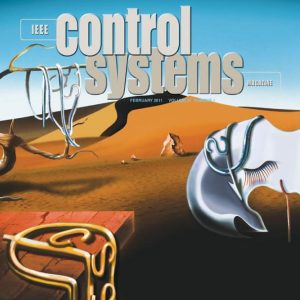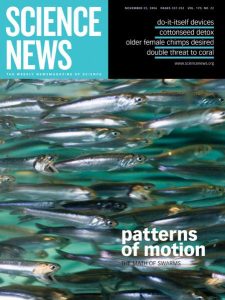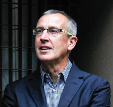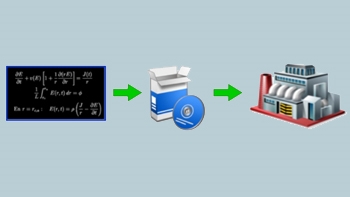 The newly funded European Research Council (ERC) Advanced Grant “DyCon – Dynamic Control” aims to develop a multifold research agenda in the broad area of Control of Partial Differential Equations (PDE) and their numerical approximation methods by addressing some key issues that are still badly understood.
The newly funded European Research Council (ERC) Advanced Grant “DyCon – Dynamic Control” aims to develop a multifold research agenda in the broad area of Control of Partial Differential Equations (PDE) and their numerical approximation methods by addressing some key issues that are still badly understood.
To this end we aim to contribute with new key theoretical methods and results, and to develop the corresponding numerical tools and computational software.
The field of PDEs, together with numerical approximation and simulation methods and control theory, have evolved significantly in the last decades in a cross-fertilization process, to address the challenging demands of industrial and cross-disciplinary applications such as, for instance, the management of natural resources, meteorology, aeronautics, oil industry, biomedicine, human and animal collective behaviour, etc. Despite these efforts, some of the key issues still remain unsolved, either because of a lack of analytical understanding, of the absence of efficient numerical solvers, or of a combination of both.
 This project identifies and focuses on six key topics that play a central role in most of the processes arising in applications, but which are still poorly understood: control of parameter dependent problems; long finite time horizon control; control under constraints; inverse design of time-irreversible models; memory models and hybrid PDE/ODE models, and the links between finite and infinite-dimensional dynamical systems.
This project identifies and focuses on six key topics that play a central role in most of the processes arising in applications, but which are still poorly understood: control of parameter dependent problems; long finite time horizon control; control under constraints; inverse design of time-irreversible models; memory models and hybrid PDE/ODE models, and the links between finite and infinite-dimensional dynamical systems.
These topics cannot be handled by superposing the state of the art in the various disciplines, due to the unexpected interactive phenomena that may emerge, for instance, in the fine numerical approximation of control problems. The coordinated and focused effort that we aim at developing is timely and much needed in order to solve these issues and bridge the gap from modelling to control, computer simulations and applications.
The newly awarded ERC Advanced Grant DyCon provides resources to researchers willing to contribute to these endeavours within the research team led by Enrique Zuazua at Universidad Autónoma de Madrid-Spain.
Researchers interested in cooperation are welcome to get in contact with Enrique (enrique.zuazua@uam.es). There will be openings and opportunities for researchers in all career stages: internship PhD students from other centers and groups, PhD and postdoctoral contracts and one-quarter visiting positions of confirmed researchers.

